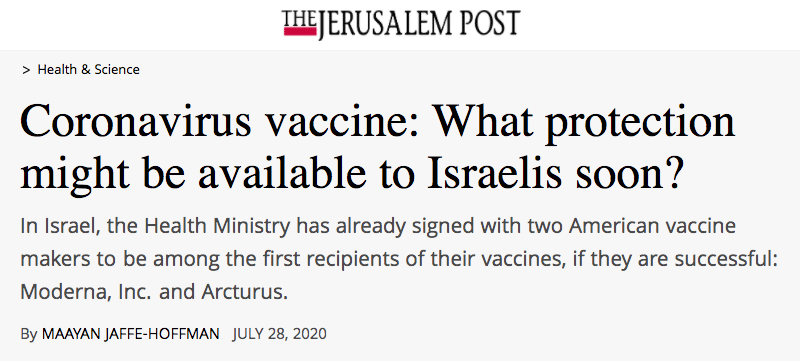
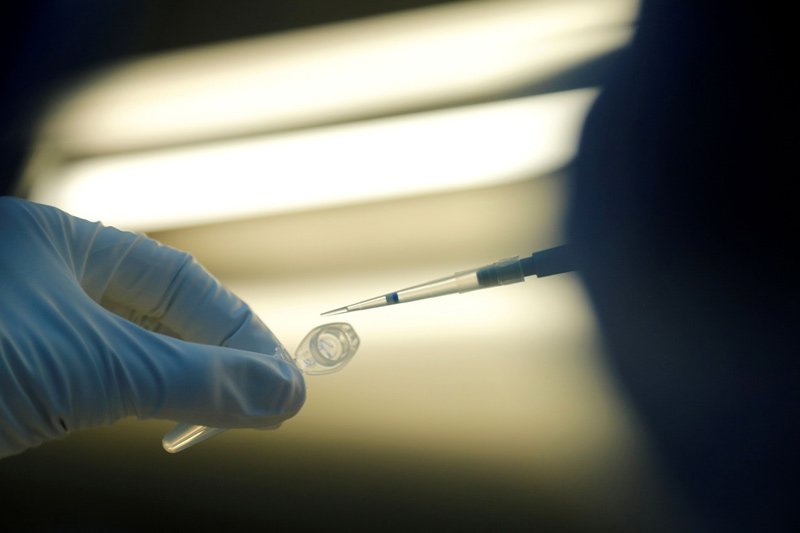
Around the world, scientists are working on developing a vaccine for the novel coronavirus. According to The New York Times, there are currently 165 vaccinations in development and 27 that are in human trials.
In Israel, the Health Ministry has already signed with two American companies to be among the first recipients of their vaccines, if they are successful: Moderna and Arcturus. At the same time, two Israeli companies say they have made progress on their own vaccines: MigVax Corp. and the Israel Institute for Biological Research in Ness Ziona.
With the help of Dr. Rivka Abulafia-Lapid, a senior virology lecturer at the Hebrew University of Jerusalem, The Jerusalem Post provides you an update on what protection might be available for Israelis soon.
Moderna
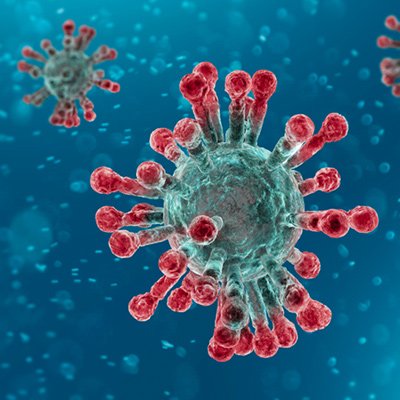 Moderna announced the launch of a Phase 3 study of its mRNA vaccine candidate, mRNA-1273, against the novel coronavirus on Monday.
Moderna announced the launch of a Phase 3 study of its mRNA vaccine candidate, mRNA-1273, against the novel coronavirus on Monday.
It is a first-of-its-kind mRNA vaccine against COVID-19 encoding for a perfusion stabilized form of the spike protein – the major surface protein that the novel coronavirus uses to bind to a receptor, which acts like a doorway into a human cell. It is a two-shot vaccine.
The Phase 3 study, called “COVE,” for “coronavirus efficacy,” will include approximately 30,000 participants in the United States and be run in collaboration with the National Institute of Allergy and Infectious Diseases and the Biomedical Advanced Research and Development Authority, Moderna said in a press release.
Participants in the Phase 3 study will receive 100 micrograms. It is a double-blind placebo trial.
According to Moderna, it is on track to deliver approximately 500 million doses per year, and possibly up to one billion doses per year, beginning in 2021.
In June, Israel signed an agreement with Moderna for the future purchase of its vaccine.
Arcturus
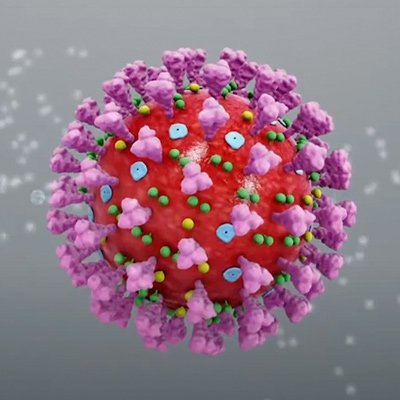 California-based Arcturus this week launched a Phase 1/2 clinical trial for its Lunar-COV19 vaccine in collaboration with Singapore’s Duke-NUS Medical School to test the safety, side effects and best dose. There are 108 participants in the trial.
California-based Arcturus this week launched a Phase 1/2 clinical trial for its Lunar-COV19 vaccine in collaboration with Singapore’s Duke-NUS Medical School to test the safety, side effects and best dose. There are 108 participants in the trial.
According to Arcturus CEO Joseph Payne, the Phase 1/2 trial should be completed in several months, and the company will rapidly transition to a Phase 3 clinical trial, potentially with Israel.
So far, Arcturus has successfully applied its technology in animal trials on mice, rats, rabbits and pigs.
Israel signed the first part of an agreement with Arcturus to have first access to its novel coronavirus vaccine last weekend. The parties intend to finalize a comprehensive supply agreement within 30 days.
Lunar-COV19 utilizes the company’s self-transcribing and replicating mRNA (STARR) technology and its LUNAR lipid-mediated delivery to produce a low-dose, potential single-shot vaccine, it said in a press release.
Migvax Corp.
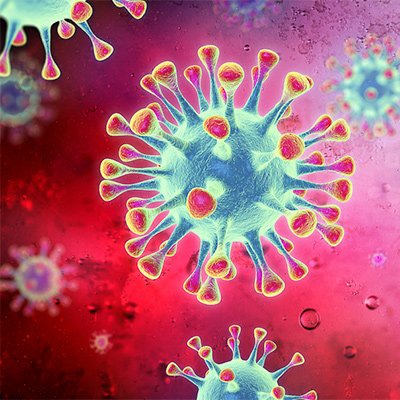 An affiliate of Israel’s Migal Galilee Research Institute, MigVax is working on developing a new oral subunit human vaccine against COVID-19.
An affiliate of Israel’s Migal Galilee Research Institute, MigVax is working on developing a new oral subunit human vaccine against COVID-19.
For the past four years, a team of MIGAL scientists has been developing a vaccine against infectious bronchitis virus (IBV), which causes a bronchial disease that affects poultry. The safety and effectiveness of the poultry vaccine has been proven in animal trials carried out at Israel’s Veterinary Institute.
In February, MigVax CEO David Zigdon predicted that the vaccine could “achieve safety approval in 90 days.” It was expected to begin human trials in June but was delayed.
In April, when OurCrowd venture partners announced a $12 million investment in the corporation, Zigdon said: “The experiments we have carried out so far show that because the vaccine does not include the virus itself, it will be safe to use in immune-suppressed recipients.
“It uses a protein vector that can form and secrete a chimeric soluble protein which carries the viral antigen into tissue and causes the production of antibodies against the virus by the immune system. We are now working to adjust our generic vaccine system to COVID19. Using a fermentation process, MigVax aims to have the material ready for clinical trials within a few months.”
MigVax will have a “big announcement” next week, a spokesperson for the company told the Post on Tuesday, without elaborating.
Israeli Institute for Biological Research
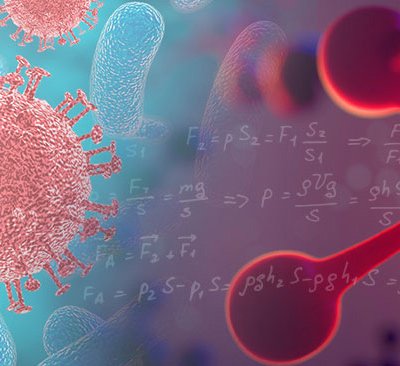 Last month, researchers at the Israeli Institute for Biological Research (IIBR) reported they had successfully completed testing a vaccine candidate on hamsters and expected to launch Phase 3 human trials within a few weeks, with the aim of completing a coronavirus vaccine as early as this coming winter.
Last month, researchers at the Israeli Institute for Biological Research (IIBR) reported they had successfully completed testing a vaccine candidate on hamsters and expected to launch Phase 3 human trials within a few weeks, with the aim of completing a coronavirus vaccine as early as this coming winter.
The potential Israeli vaccine is based on a well-known method of vaccination, the institute said in a document it released. But what is new is the use of a VSV virus – a type of virus that does not cause diseases in humans.
Through genetic engineering, proteins are attached to the VSV virus to form coronavirus “crowns” that are identified by the body as COVID-19. As a result, the body produces antibodies against it.
According to the report, all the hamsters that received IIBR’s vaccine and were then injected with coronavirus did not become sick.
Last week, IIBR said the Health Ministry was refusing to convene to approve the institute’s Phase 3 trial, N12 reported. Former defense minister Naftali Bennett confirmed the report in a Facebook post.
“The Institute for Biological Research in Ness Ziona has been preparing for years for an event such as an outbreak from the COVID-19 family,” Bennett wrote. “The institute’s scientists worked arduously for 24 hours a day and managed to develop a vaccine and register a patent on it. The vaccine worked excellently in the lab, and excellently in animal trials.
“In order to complete the development, experiments need to be done on humans, like the rest of the world is already doing. Yet Health Ministry officials have not found time to convene to approve the experiment,” Bennett wrote.
Israel is also negotiating to purchase the rights to a vaccine candidate being developed by Oxford University and AstraZeneca. No deal has been finalized.

Abulafia-Lapid told the Post there are multiple stages in the approval process of a vaccine. Preclinical testing is when a vaccine is given to animals. Phase 1 and Phase 2 trials involve administering the vaccine to a small number up to hundreds of people to test the safety of a vaccine and its ability to stimulate the immune system.
The final phase, Phase 3, involves giving thousands of people the vaccine and waiting to see how many of them develop a complete immune response compared with participants who received a placebo.
Once all three phases are completed, the vaccine is eligible to be approved for use by regulators.
For a vaccine to work, it is best that it activates two components of the adaptive immune response: humoral (antibodies) and cellular (T-cells) immunity, Abulafia-Lapid said.